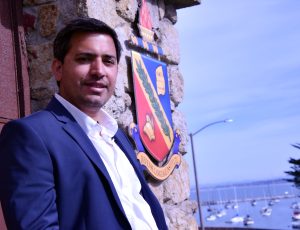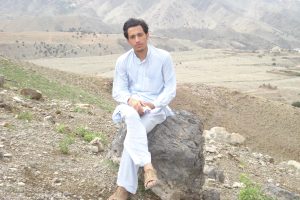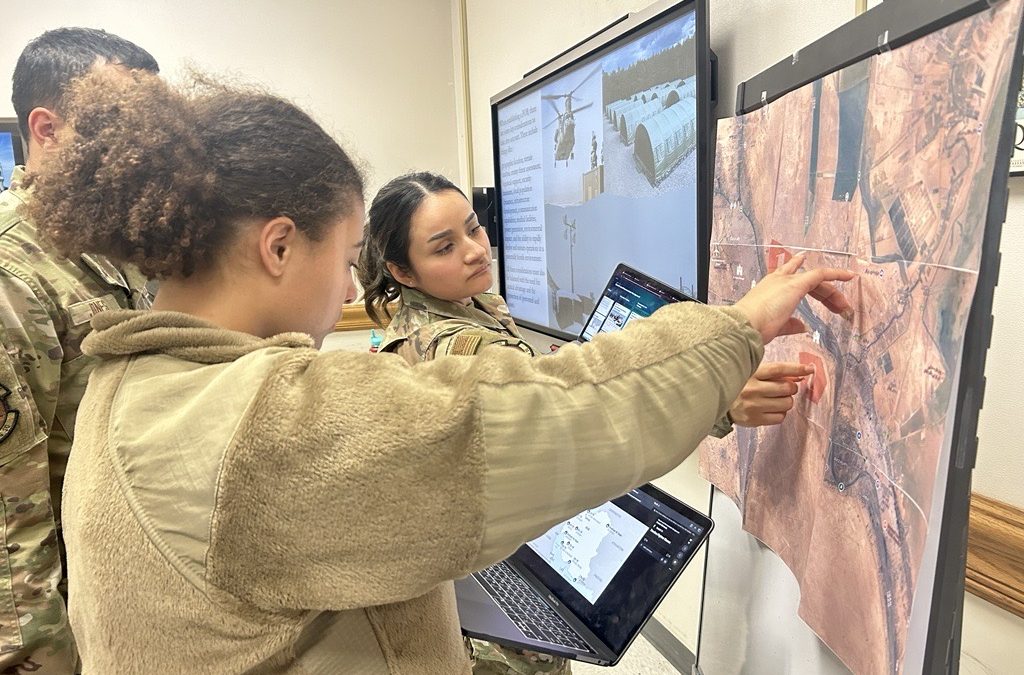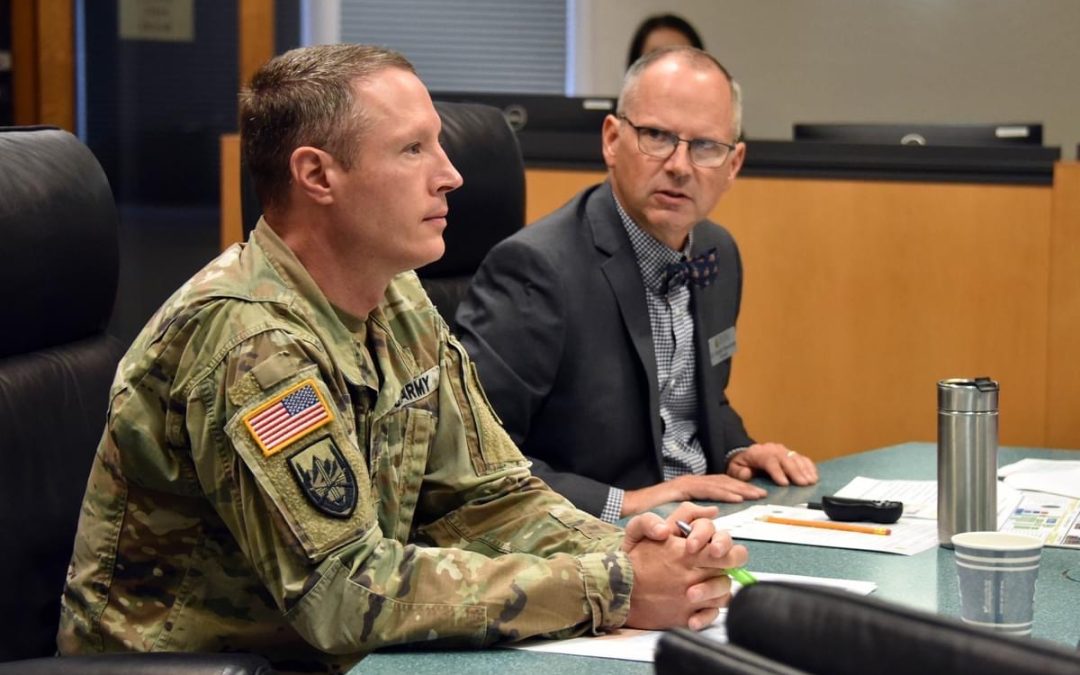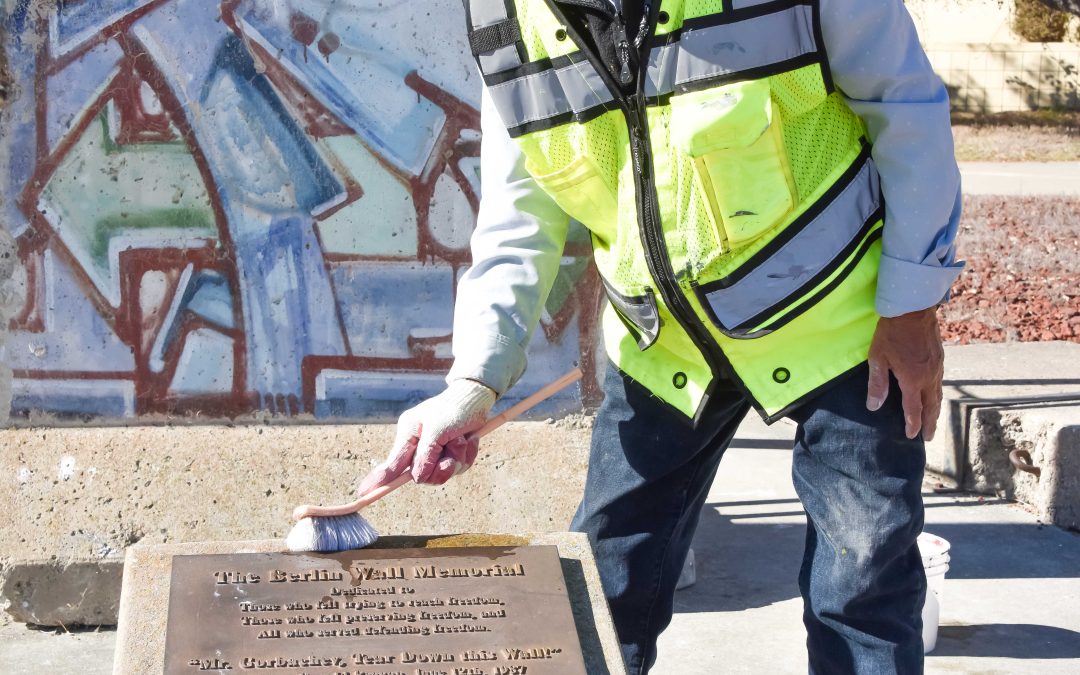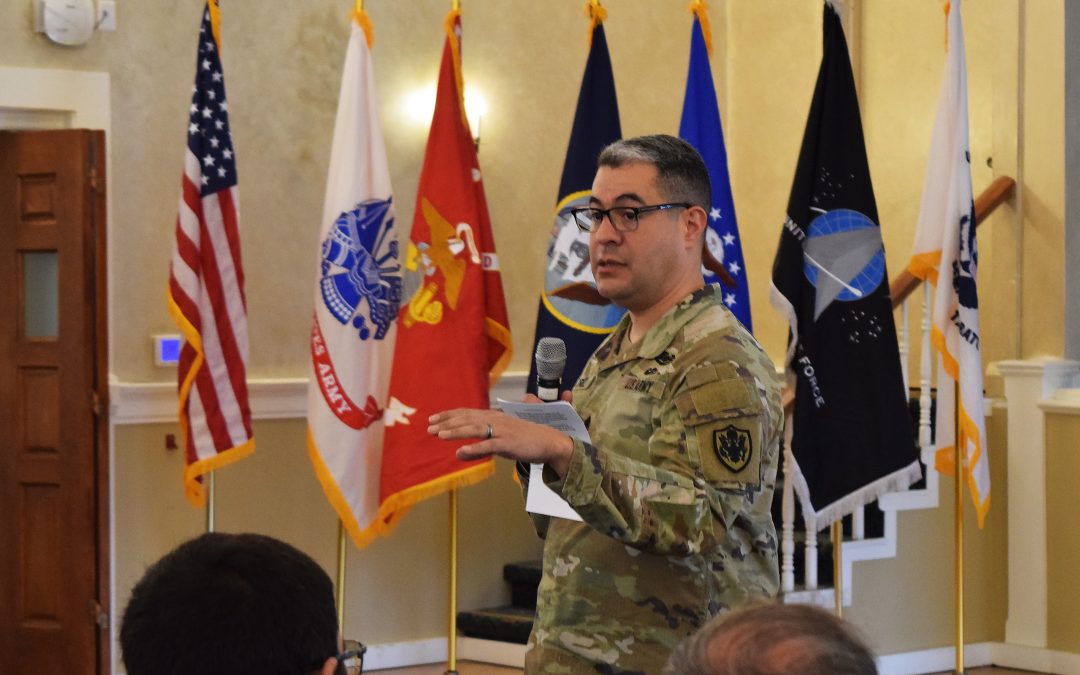In the heart of the Khyber Valley, where the mountains stand as a silent witness to centuries of history, Lutfullah Fareedzai’s story began amidst the turmoil of war.
“My birth, occurring under challenging circumstances, became a tale of survival,” Lutfullah recalled, reflecting on his early years of life without access to even basic medical care. “My mom recounts that I was so sick when I was born that hope seemed lost.”
His birthplace, Landi Kotal, located in the Khyber Pass, a valley between Afghanistan and Pakistan, was a region famous for its resistance fighters against the Soviets who invaded Afghanistan in 1979. His family, like many, sought refuge in Pakistan during the harrowing times of the Soviet occupation.
“In a time when the focus was on the war, with many casualties and injured individuals brought to Pakistan, caring for my well-being was not a top priority,” he said with remorse. His survival, he described, was “nothing short of a miracle,” a narrative that preluded the resilience he would need throughout his life.
The ebb and flow of conflict shaped Fareedzai’s youth, with his family repatriating post-Soviet Afghanistan, only to be forced into exodus once more by civil unrest and the Taliban’s rise to power.
It was during these times the transformative events of 9/11 unfolded, drawing the world’s gaze once again to Afghanistan. Amidst the subsequent “War on Terror,” his homeland experienced a fleeting period of hope, embracing democracy and education. “The country was changing for the better,” Fareedzai reflected. “It was offering hope and a brighter future.”
The war in Afghanistan led to a decade of progress in education and democracy but in 2021, the U.S. withdrawal raised fears of a return to the country’s pre-war state.
“Who knew this could all end after 20 years…and [that] we would be back to square one,” he said somberly.
It was during his tenure with the United States Agency for International Development, a U.S. government agency that provides foreign aid and development assistance, in Kabul that Fareedzai’s passion for higher education ignited.
“I set my sights on achieving this goal and applied for scholarships overseas,” he said, knowing this was a way to break the oppressive cycle of a life marred by conflict.
Despite multiple hurdles, he secured the prestigious Erasmus Mundus scholarship, which took him to Italy. There he found his true calling when he was particularly struck by his peers’ multilingual capabilities.
“I was truly inspired…to meet so many remarkable individuals who were able to speak at least four to five languages,” he recalled. Languages soon became his passion.
In 2013, Lutfullah’s journey brought him to the Defense Language Institute Foreign Language Center in Monterey as a Pashto instructor.
“Being part of an educational institution has always been a priority for me,” he said proudly. “Learning is a cornerstone of my career journey.” His mission at DLIFLC was to enhance the language skills and cultural understanding of military linguists, a role that he believes also helps improve the perception of military personnel in Afghanistan.
Over the years, Fareedzai’s dedication to education and his students has earned him numerous accolades. “I began my language career at DLI as a teacher and team leader,” he stated, “working hard to develop my mastery in the field.”
His achievements culminated in receiving a 10th service anniversary certificate and pin, marking a significant milestone in his career. But Lutfullah’s aspirations extend beyond personal accolades.
“My parents instilled a strong desire for education,” he shared, crediting his father’s decision to break away from an entire lineage of farmers to pursue education and serve others as a professor. This commitment to learning and growth fueled Lutfullah’s simultaneous completion of a master’s degree and a doctorate, further enhancing his contributions to DLIFLC’s mission.
Now, as an assessment specialist and contract representative for the Defense Language Proficiency Test, he is a pivotal figure in the development of high-stakes language assessments vital to national security. His experience, coupled with a comprehensive understanding of multiple languages, has significantly bolstered the success of military linguists.
As Faculty Advisory Council President in his testing division, Lutfullah has championed initiatives to foster resilience and a supportive environment at DLIFLC. He views his role as an opportunity to help others.
“That their voices are heard, and their concerns reach the right place,” he said. His leadership has led to the successful implementation of the inaugural Resiliency Day, nurturing a culture of collaboration and well-being among staff.
Looking to the future, Fareedzai’s goals are firmly aligned with DLIFLC’s growth and success.
“[I want] to promote a vibrant and dynamic learning environment … to make a positive contribution to the world,” he said with vigor.

